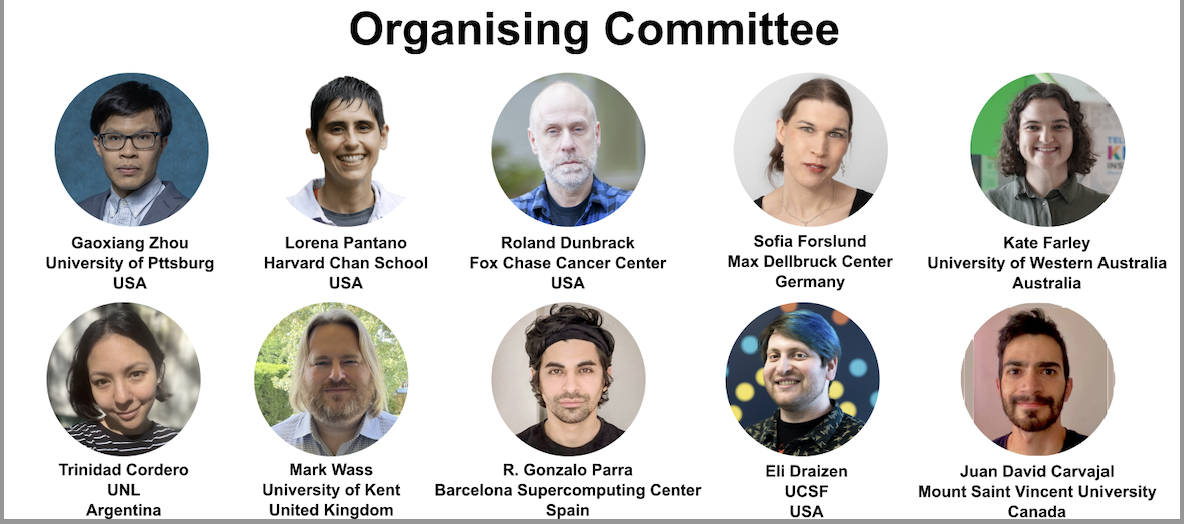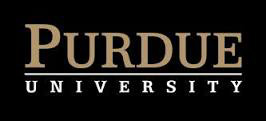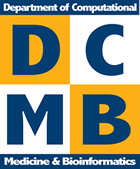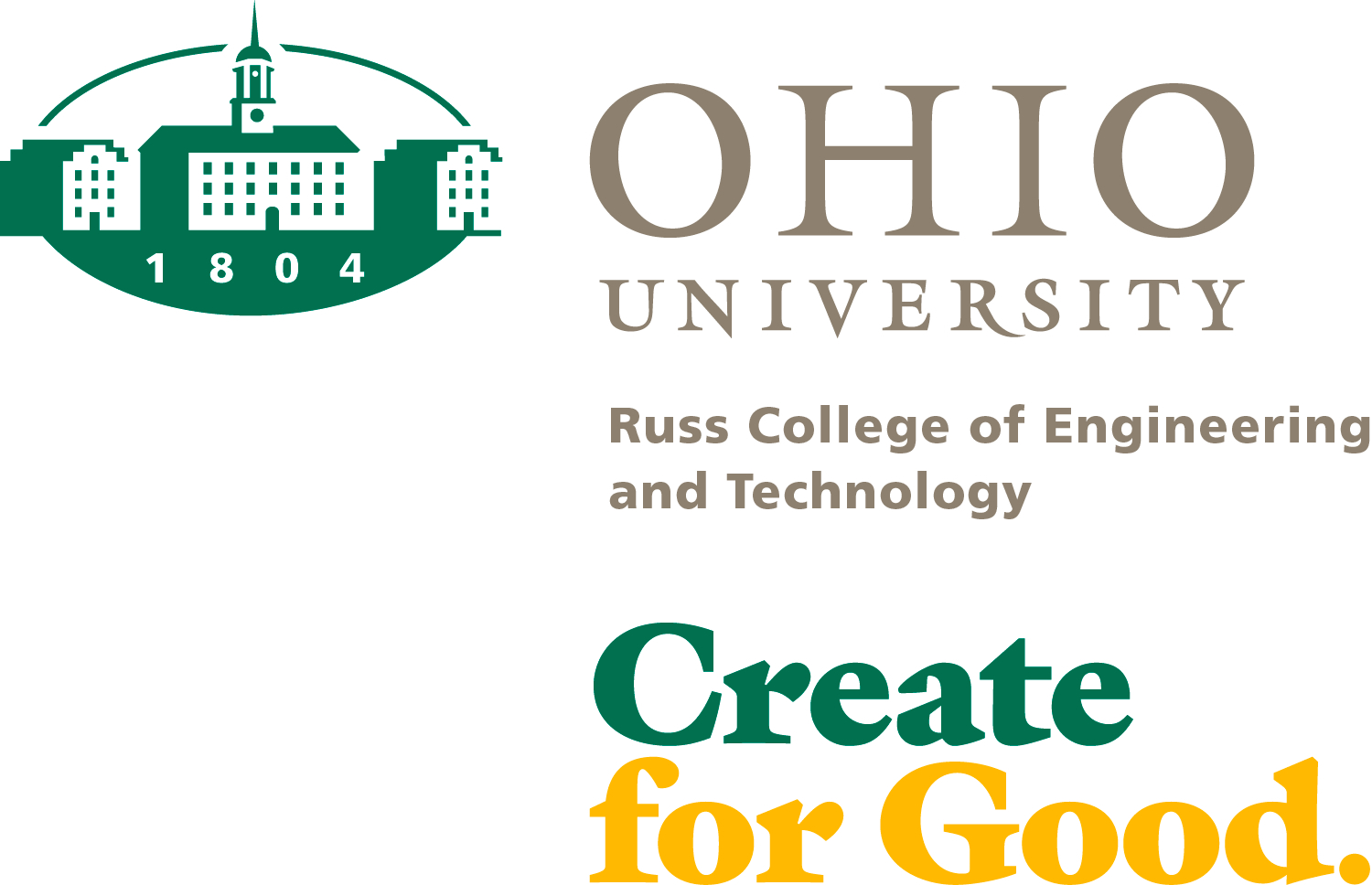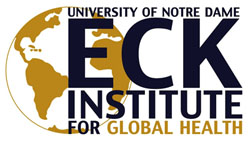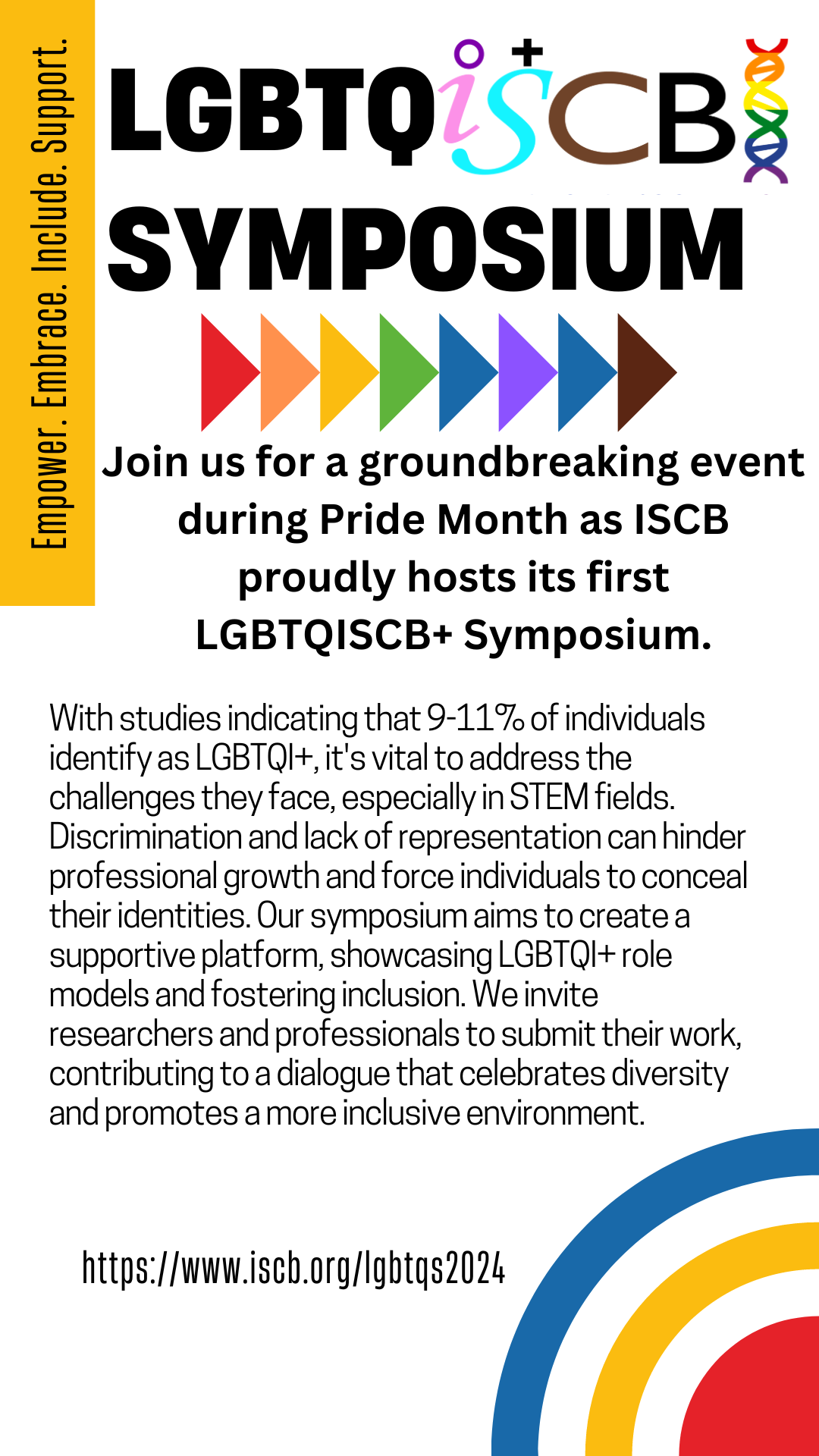LGTBQISCB+ Symposium!
June 17th, 2024. Time 11:00 EDT / 17:00 CEST / 15:00 UTC
According to different population studies between 9-11% of people self-identify as being part of the LGBTQI+ community. Historically, the different identities that constitute this community have been subjected to various forms of discrimination related to their sexual orientation, gender identity, gender expression or their phenotypic/behavioral characteristics.
Despite various aspects related to LGBTQI+ identities being considered by many as private, research has shown that LGBTQI+ workers in general as well as scientists within the STEM disciplines suffer different types of negative situations that hinder their professional development and progression (Cech and Waidzunas 2021; Owens et al. 2022).
This, in combination with a lack of LGBTQI+ role models to young members of the community in our research fields, makes LGBTQI+ individuals often feel like they do not belong to the environments they are part of. This feeling of not belonging to the social space they professionally occupy pushes many people to hide their identities, trying to conform to heteronormative behaviors as a mechanism to avoid harassment, isolation or mockery. It has been shown that the mental effort required to hide this aspect of the LGBTQI+ self to others poses a big source of stress that negatively impacts the professional performance of the individuals. Therefore, a first action towards inclusion is to bring outed individuals to the spotlight so they can serve as an example to those who are still not able to be themselves.
ISCB recognizes and supports diversity in all dimensions among their members. To contribute to the visualization and support of their LGBTQI+ members, it organizes its 1st LGBTQISCB+ Symposium as an activity in the context of the pride month 2024.
Call for Abstracts
The LGBTQI+ Symposium invites its open call for abstracts. Abstracts are welcome from all who are members of the LGBTQI+ community who would like research featured in the Symposium, as well as research on LGBTQI+. Deadline May 15, 2024!
References
- Cech, E. A., and T. J. Waidzunas. 2021. “Systemic Inequalities for LGBTQ Professionals in STEM.” Science Advances 7 (3). https://doi.org/10.1126/sciadv.abe0933.
- Owens, Benjamin, Suzanne Mills, Nathaniel Lewis, and Adrian Guta. 2022. “Work-Related Stressors and Mental Health among LGBTQ Workers: Results from a Cross-Sectional Survey.” PloS One 17 (10): e0275771
